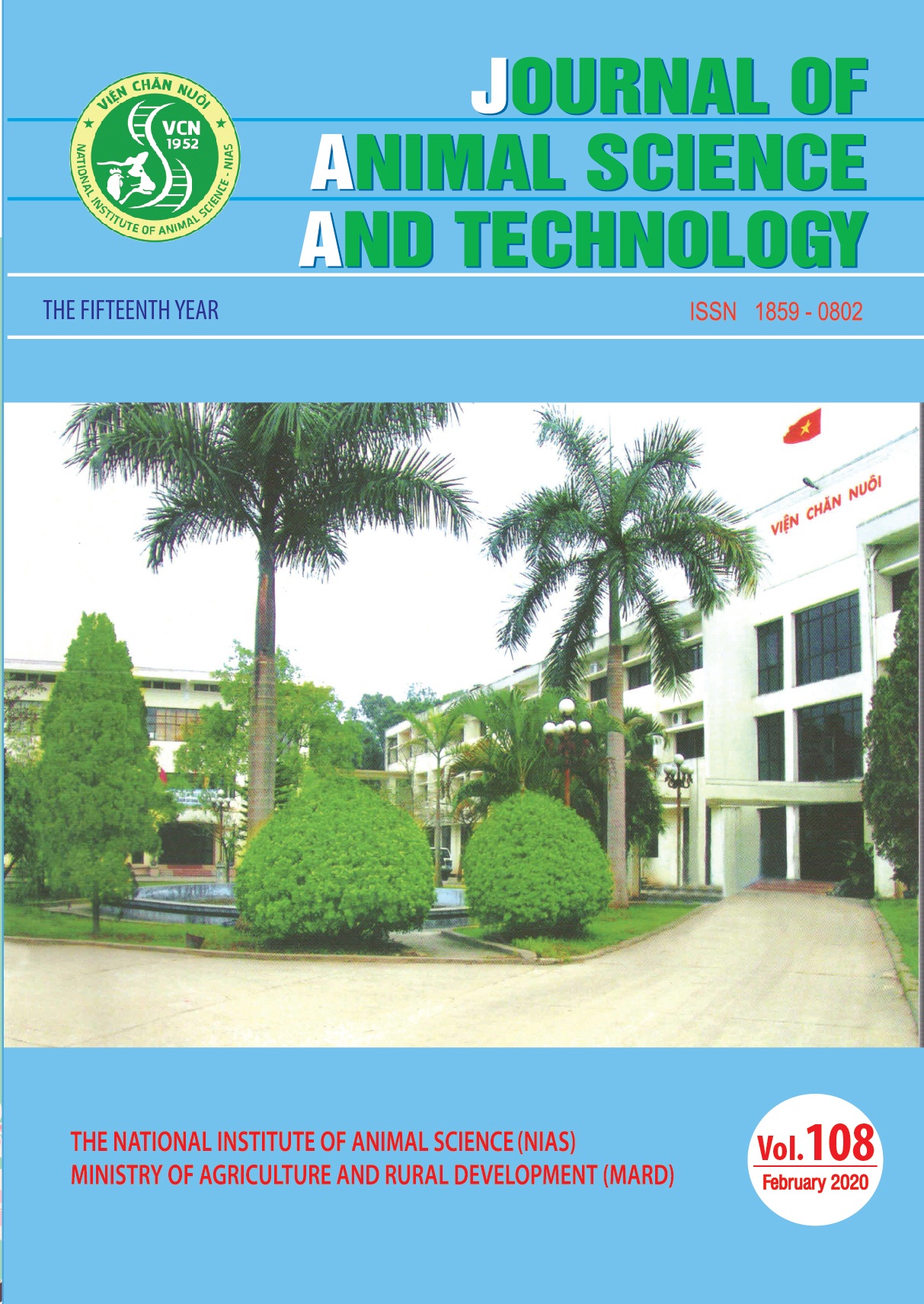The role of rumen ciliate protozoa in ruminal fermentation, digestion and enteric methane production
First decribed in 1843, rumen ciliate protozoa were considered to be important in ruminant nutrition and contributed up to 50% of the total microbial biomass in the rumen. Recent studies on the presence or absence of rumen ciliate protozoa concluded that rumen protozoa are important, but not essential in the rumen ecosystem and to the well-being of host animals. Despite the fact that elimination of rumen protozoa (defaunation) negatively affects ruminal fermentation, plant cell wall digestion, defaunation results in an increase in the efficiency of bacterial protein synthesis and the rate of nitrogen flow to the duodenum, leading to increase average daily gain of host animals. Importantly, this increase in livestock productivity could occur alongside a reduction in enteric methane emissions.

